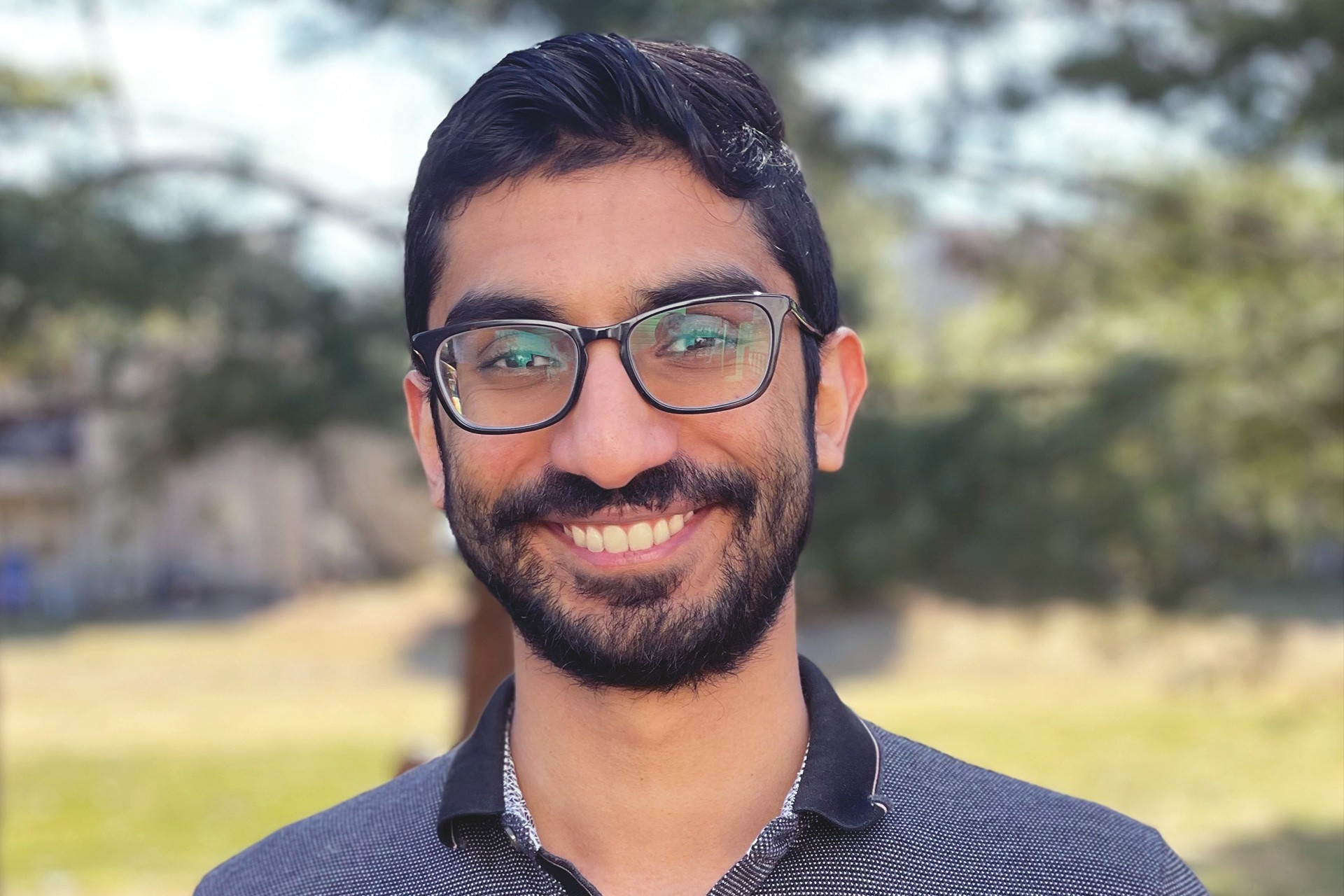
Meet Alok
For his colleagues, the only thing that outshines Alok’s expertise in machine learning is his passion for making a meaningful impact on the world...and his ability to chop onions without shedding a tear. Previously a research engineering manager and quantitative trading researcher, Alok is currently focused on artificial intelligence and quantitative research at Arta Finance.
You began your education and career in quantitative finance and financial engineering. Can you walk us through it?
As an undergrad at Princeton, I studied applied math because I was fascinated with quantitative finance and financial engineering. After graduating, I worked at a company called DRW in Chicago, where I developed machine learning models for automated trading systems.
The quantitative trading industry requires math and computer science skills that I found interesting. I loved working on difficult problems that also allowed me to deepen my technical skills. This experience kick-started my career path.
From there I wanted to try something different that had a broader impact. While visiting California, I met with a brilliant friend to catch up over coffee. Little did I know, he was looking for new employees for his start-up and I would leave that meeting with a job offer!
The company, Aquabyte, used computer vision, machine learning, and fish biology to build camera systems to help farmers meet the demands of fish farming with higher efficiency and sustainability. This was a completely different industry from finance, to say the least. A new opportunity in a new field where I would be employee #1 was a little scary, but also thrilling.
I spent time in Norway building and deploying these systems, writing machine learning code, and more. It was a marriage of all the disciplines I enjoyed. It was incredible but after four years I was again ready for a new challenge to tackle.
Coincidentally, Chirag Yagnik, my former DRW colleague, reached out about a new startup called Arta. I was inspired by the idea of making a significant impact in personal finance, an industry that affects so many people. The challenges in this space are technical in nature too, so it’s a great fit.
How have your educational background and work experience shaped your ideas about personal finance?
I studied financial engineering in college and early in my career, so I learned the importance of making good financial decisions early in one’s career. I’ve seen firsthand how wise financial decisions can set you up for long-term success and financial independence. Despite that, I always viewed my own personal finances as logistics, akin to processing administrative paperwork or doing taxes. I could never get myself excited to invest the time in all the things I knew were available for me to optimize my finances, even though I know how critical it is.
I am never enthused about spending a weekend logging into various accounts, making spreadsheets, and tracking all the details. I always wanted a resource or tool that I trust and that makes it easy - even with an education and career in financial engineering and machine learning!
What about before you went to university and got all the finance and math training? How did you view personal finance in your early years?
When I was in middle and high school, I thought everyone simply put money in a bank and earned interest. I had no idea about the vast amount of opportunities that exist. I didn’t know about the different mindsets toward investing, and how decisions can have a big impact on things like retiring on time or funding a child’s education.
Considering all you know about personal finance now, is there anything you wish you learned sooner?
I wish I knew more about tax optimization earlier. With that knowledge, I would have made different decisions. For example, when switching from one asset to another, I would have been mindful about triggering a taxable event.
Secondly, I wish I understood the responsible use of leverage sooner. For some people, “leverage” can have negative connotations - debt, mortgage, borrowing. Generally, most people don’t want to feel “in debt” and they view it as a dangerous thing. However, debt can be a useful tool to amplify your financial position in something that is responsible, like real estate, and can give you more benefits than you would have access to otherwise. It’s a tool that is avidly and sensibly used by wealthy and ultra-wealthy individuals.
It sounds like you’ve learned so much through incredible school and work experiences. What are you most excited about in your work moving forward?
The personal finance industry affects everyone - there is a lot of space to contribute meaningfully. I’m thrilled to be working in a space that has so much impact on people’s lives.
Do you want in?
Create an account in an instant
Sharing is caring
Disclosures
We believe the information presented to be accurate as of the date published and such information may not be updated in the future.
The information contained in this communication is provided for general informational purposes only, and should not be construed as investment or tax advice. Nothing in this communication should be construed as a solicitation, offer, or recommendation, to buy or sell any security.
Any links provided to other server sites are offered as a matter of convenience and are not intended to imply that Arta Finance or its affiliates endorses, sponsors, promotes and/or is affiliated with the owners of or participants in those sites, or endorses any information contained on those sites, unless expressly stated otherwise.
Copyright Arta Finance 2026. All rights reserved.
Get the latest market trends and investment insights